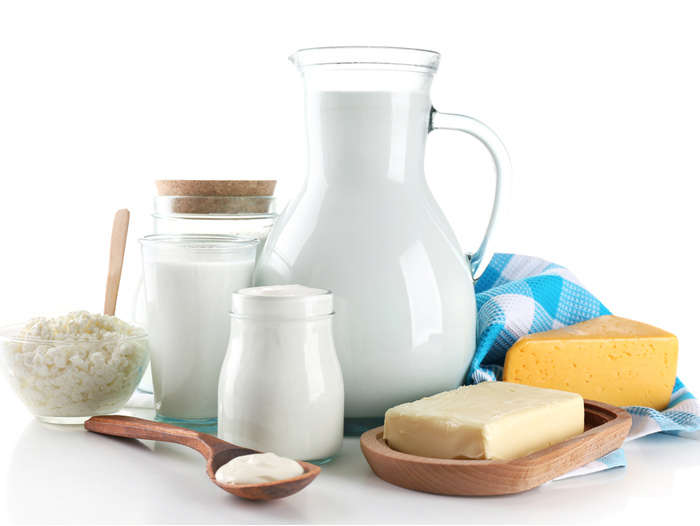CCFN: US Dairy Industry Faces Billion-Dollar Losses If EU Geographical Indications Schemes Proliferate
February 26, 2019 | 3 min to read

Washington, D.C.- The U.S. dairy industry – and the U.S. economy – could be hit with $9.5 billion to $20-billion in revenue losses if the European Union (EU) is successful in expanding restrictions on the use of generic terms like parmesan, asiago, feta and others, according to a new study conducted by Informa Agribusiness Consulting, commissioned by the Consortium for Common Food Names (CCFN) and the U.S. Dairy Export Council. The study, which provides timely information in light of U.S.-EU trade negotiations, examines the potential impact the EU’s aggressive geographical indications (GI) agenda would have if imposed on a broad variety of U.S. cheeses and markets.
Seizing the common names that U.S. marketers have used for generations would confuse and alienate both domestic and international consumers, leading to a dramatic drop in demand for U.S. cheese. Prices could fall 14%, and consumption of U.S.-produced cheeses could drop by 306 million to 814 million pounds in the first three years. At the same time, EU cheese exports could see a surge of 13%, thereby exacerbating the existing $1.4 billion U.S.-EU dairy trade deficit. The impact of GI restrictions would also have grave effects on the broader dairy industry, through plummeting milk prices and shifting demand, as well as on the broader U.S. economy. Informa’s study reveals that between 108,000 and 223,000 jobs could be at risk, while GDP could fall $12 billion to $25 billion over three years.
“The threat is serious and mounting; the EU is very clear in its intentions and the scope of its GI restrictions continues to expand,” said CCFN Executive Director Jaime Castaneda. “Already we have seen European groups attempt to seize usage of specific names in the U.S. market, including parmigiano, asiago, romano, and gruyere. And in key export markets around the world, the EU is abusing GI policies to dismantle competition and erect barriers to trade. Only collaborative actions between the U.S. government and impacted industries will stop the EU’s increasingly aggressive efforts and ensure that other countries hold the line against the EU.”
In testimony this week to the Office of the U.S. Trade Representative, Castaneda urged the Administration to be as strong and persistent in protecting market access opportunities for U.S. agriculture on this issue as the EU has been in fighting to impose GI-related market restrictions.
“This study sends a clear warning to U.S. negotiators to stand firm, and not to give into the EU’s sweeping demands on GI protections that over-step the bounds of fair trade,” Castaneda said.
In addition to assessing the impact of banning the use of terms currently under attack by the EU, the study also looked at the impact if subsequent GI status is approved for popular cheeses like provolone and mozzarella. The EU has not provided clear assurances that use of these additional terms will not be restricted in future, and EU GIs continue to proliferate. The study found that damage would continue to mount in this scenario, reaching a cumulative $71.8 billion in lost farm revenue over 10 years.
The full study can be found here on the CCFN website. CCFN’s written and oral testimony to the U.S. Trade Representative can be found in the CCFN websiteNewsroom.
###
About CCFN
The Consortium for Common Food Names (CCFN) is an independent, international non-profit alliance whose goal is to work with leaders in agriculture, trade and intellectual property rights to foster the adoption of high standards and model geographical indication guidelines throughout the world. Those interested in joining can find information at www.CommonFoodNames.com.
